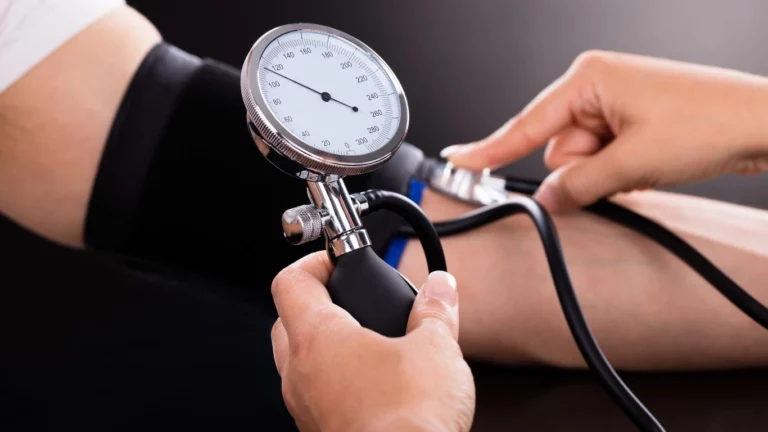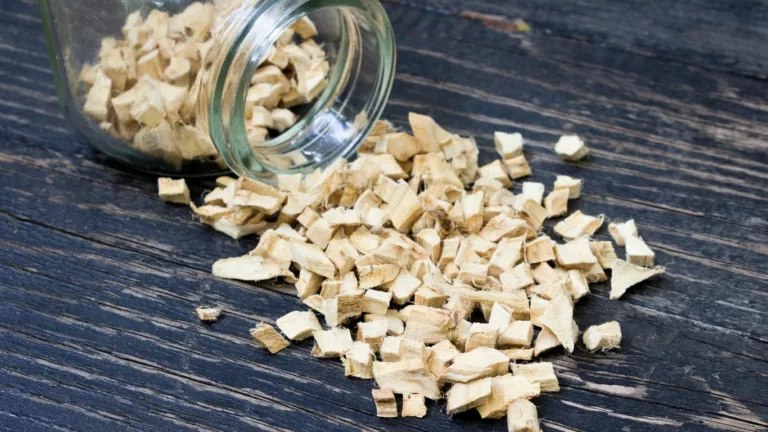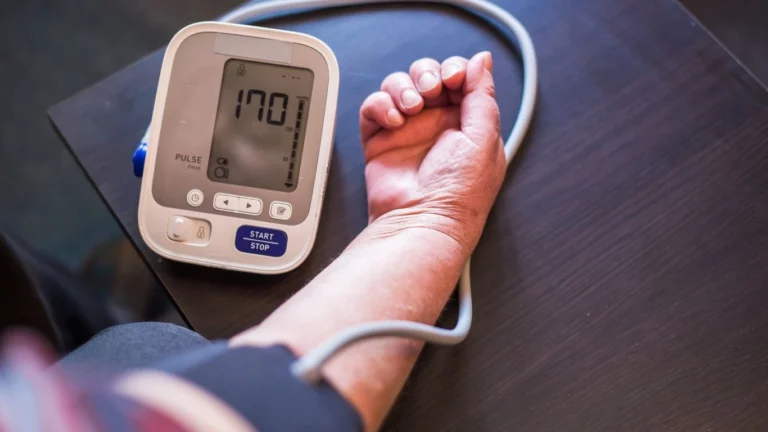🌱 Rheumatoid Arthritis and the Role of Antioxidants in Treatment: What You Need to Know 🤔
If you or someone you know is dealing with rheumatoid arthritis (RA), you probably know it’s a bit of a beast. It’s that nasty autoimmune condition that messes with your joints, making them swollen, stiff, and downright painful. But while there’s no one-size-fits-all cure, there are ways to manage the pain and even slow things down a bit. One of the buzzwords you’ve probably heard a lot lately is antioxidants. Yeah, those things people always talk about in health blogs or while sipping green tea. But do they actually help with RA? Let’s break it down and see if antioxidants can really make a difference in how you feel day-to-day.
🧠 So, What is Rheumatoid Arthritis Anyway?

If you’re still not totally clear on what RA is (don’t worry, you’re not alone), here’s the quick rundown. Rheumatoid arthritis happens when your immune system kind of goes rogue and starts attacking your joints. It’s like your body gets confused and thinks your joints are the enemy. This leads to inflammation, pain, and eventually, joint damage if it’s not managed well.
You might notice these symptoms if you’ve got RA:
- Your joints are achy and stiff, especially in the mornings (fun, right?).
- Swelling around your joints.
- You’re feeling super tired or even running a low fever now and then.
- You’re finding it harder to move around or use your hands, wrists, knees, etc.
It’s a tough condition, but here’s the good news: it can be managed, especially with the right treatments.
🥦 What Are Antioxidants and Why Do They Matter?

Antioxidants are the good guys in your body. Think of them like little warriors that fight off the bad guys—those free radicals that can cause cell damage. This might sound a bit fancy, but basically, free radicals are unstable molecules that can make inflammation worse (and inflammation is a huge part of RA).
So, antioxidants swoop in and help neutralize these free radicals, potentially reducing some of that inflammation in the body. This is a big deal for anyone with RA, where inflammation is the root of the problem. The more we can lower inflammation, the better we feel, right?
Some Common Antioxidants You Might Already Know:
- Vitamin C: Found in fruits like oranges, berries, and even bell peppers. It’s famous for boosting the immune system.
- Vitamin E: This one’s a heavy hitter in protecting joint health and fighting off that inflammation.
- Flavonoids: These are mostly found in fruits and veggies (think berries, apples, kale). They’re like nature’s natural anti-inflammatories.
- Polyphenols: You’ve probably heard about these, especially in things like green tea. They can help keep your joints in check by lowering inflammation.
🌟 How Antioxidants Might Actually Help with RA

Alright, let’s get into the good stuff—how can these antioxidants actually help you feel better if you’ve got RA?
1. Cutting Down on Inflammation
RA is basically a battle of inflammation in your joints. Antioxidants step in and can help calm that inflammation, meaning less pain and swelling. While they won’t cure the condition, they can certainly make things more bearable.
2. Supporting Your Immune System
RA happens because your immune system gets confused and starts attacking itself. Antioxidants help keep your immune system balanced and functioning like it should. So, not only can they help with joint health, but they might also reduce those annoying flare-ups.
3. Preserving Your Joints
Antioxidants don’t just reduce inflammation—they also protect your joints from damage. Some, like vitamin C, help your body produce collagen, which is like a cushion for your joints. Less damage means better mobility, which is a big win for anyone with RA.
⚖️ Troubleshooting Common Issues When Using Antioxidants

Even though antioxidants sound great in theory, there are a few bumps in the road you might run into if you’re trying to add them to your routine.
1. Don’t Go Overboard
You’ve probably heard the saying “too much of a good thing.” Well, that applies here too. It’s easy to go crazy and load up on antioxidant supplements, thinking it’ll work magic. But overdoing it can throw other parts of your body out of balance. Stick to a balanced diet, and talk to your doctor before diving into big supplement doses.
2. Absorption Issues
Some antioxidants are fat-soluble, meaning they need fats to be absorbed properly. So, if you’re popping a vitamin E pill but not eating any healthy fats (like avocados or olive oil), you’re not getting the full benefit. Try to pair antioxidants with good fats for best results.
3. Mixed Results
Here’s the thing: antioxidants aren’t a miracle cure. Some people might feel a huge difference after adding more of them to their diet, while others might not notice much change. It’s a bit of trial and error, but it’s worth trying.
🏆 Real-Life Success Stories: Antioxidants in Action
Let’s be honest, we all love a good success story. Here are a couple of examples from real people who’ve used antioxidants to help manage their RA symptoms.
Sarah’s Story: Vitamin C for Joint Relief
Sarah, a 42-year-old woman with RA, had struggled for years with joint stiffness, especially in the mornings. She decided to start adding more vitamin C-rich foods to her diet—like oranges, strawberries, and bell peppers—and even threw in a supplement. Within a few months, Sarah noticed a difference: her joints weren’t as stiff, and she wasn’t dealing with as much swelling. She also had more energy and fewer flare-ups.
John’s Green Tea Experiment
John’s RA had him feeling drained all the time. After doing some research, he started drinking two cups of green tea every day, thanks to its polyphenols. After a couple of months, he reported that his joints felt less swollen, and he wasn’t as tired as before. It wasn’t a cure, but it made a noticeable improvement in his day-to-day life.
These stories are just a couple of examples, but they show that antioxidants can really help—especially when combined with other treatments.
🔑 Key Takeaways / Summary
- Rheumatoid arthritis is an autoimmune disease that causes joint inflammation, pain, and stiffness.
- Antioxidants, like vitamins C and E, flavonoids, and polyphenols, can help reduce inflammation and protect your joints.
- They’re not a miracle cure, but adding antioxidants to your diet can make managing RA symptoms a lot easier.
- Real-life stories show that people who’ve added antioxidants to their routine are experiencing fewer flare-ups and less pain.
- Always talk to your doctor before changing your diet or adding supplements.
❓ Frequently Asked Questions (FAQs)
1. Can antioxidants cure RA?
Unfortunately, no. But they can help reduce inflammation and protect your joints, making the condition easier to manage.
2. How much vitamin C should I take for RA?
The general recommendation is around 90 mg for men and 75 mg for women, but your doctor might recommend more depending on your needs.
3. Are antioxidants safe to take?
Generally, antioxidants from food sources are safe. But if you’re thinking about supplements, check with your doctor to make sure they’re right for you.
📚 References
- Harvard T.H. Chan School of Public Health. Antioxidants and Health.
- National Institute of Arthritis and Musculoskeletal and Skin Diseases. Rheumatoid Arthritis.
- Mayo Clinic. Antioxidants: What They Are and How They Help.
⚠️ Disclaimer
Just a heads up: this info is meant to be helpful, but it’s not a substitute for professional medical advice. Always chat with your healthcare provider before changing your treatment plan.
🏃♂️ Call to Action
Thinking about giving antioxidants a try to help with your RA? Start by chatting with your doctor about how to safely add them into your routine. Small changes could make a big difference in how you feel!

Tarra Nugroho is a dedicated Nurse Practitioner with a strong foundation in family and preventive care. She brings both compassion and clinical expertise to her practice, focusing on patient-centered care and health education. As a contributor to Healthusias.com, Tarra translates medical knowledge into clear, empowering articles on topics like women’s health, chronic disease management, and lifestyle medicine. Her mission is simple: help people feel seen, heard, and informed—both in the clinic and through the content she creates. When she’s not caring for patients, Tarra enjoys weekend hikes, plant-based cooking, and curling up with a good health podcast.







